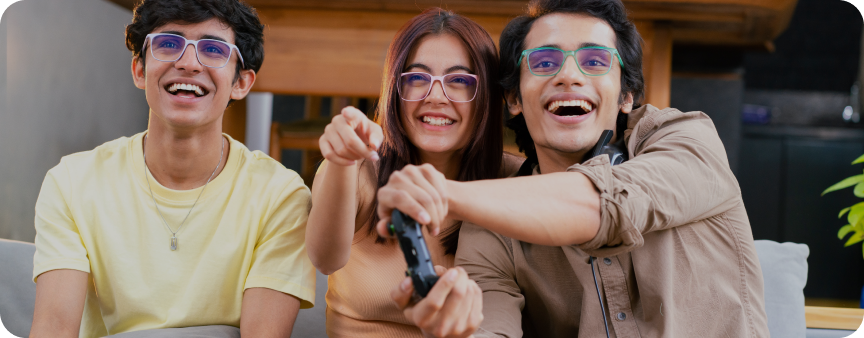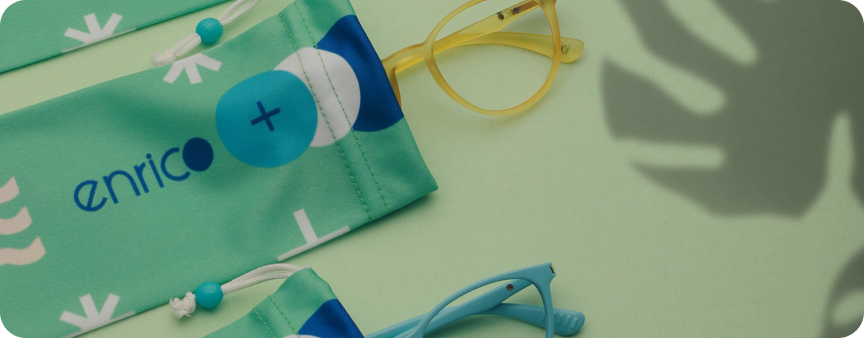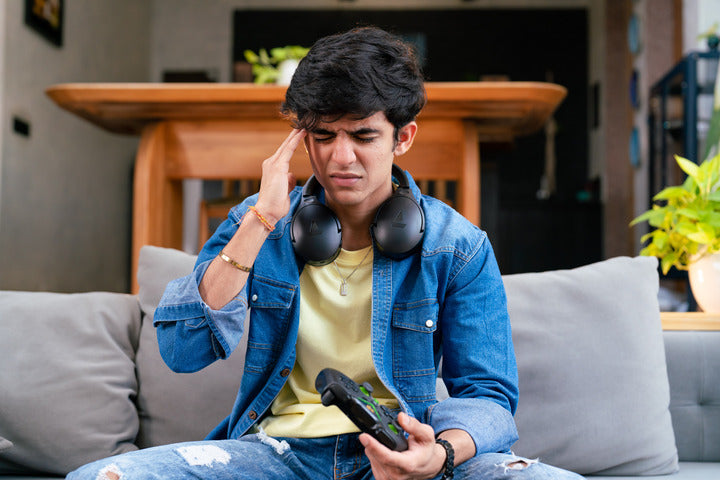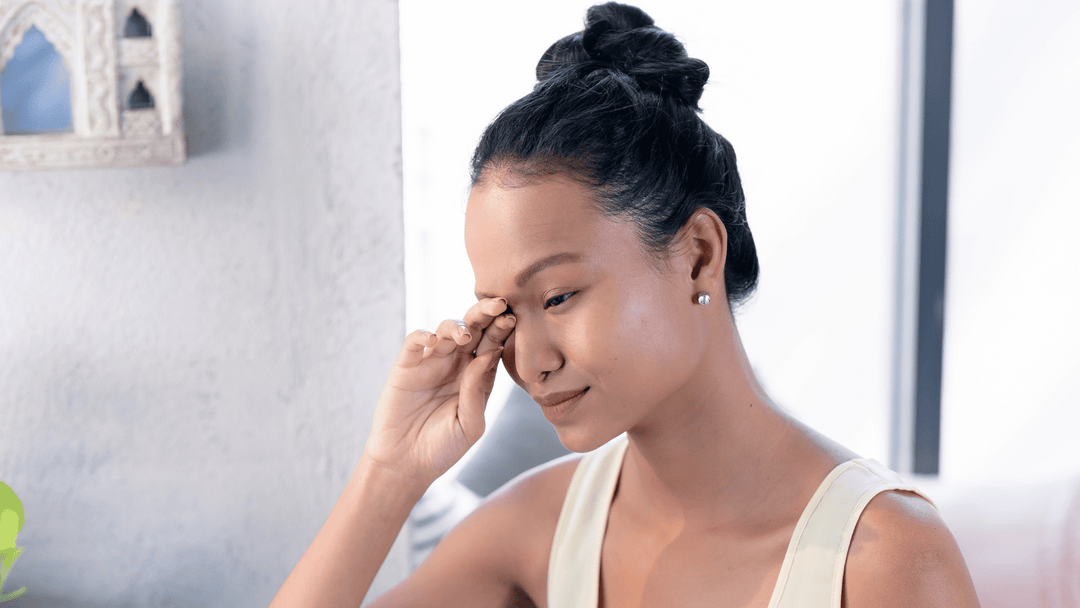Understanding Blue Light: What is it Coming from Your Screen?
Date
Duration
2 min read
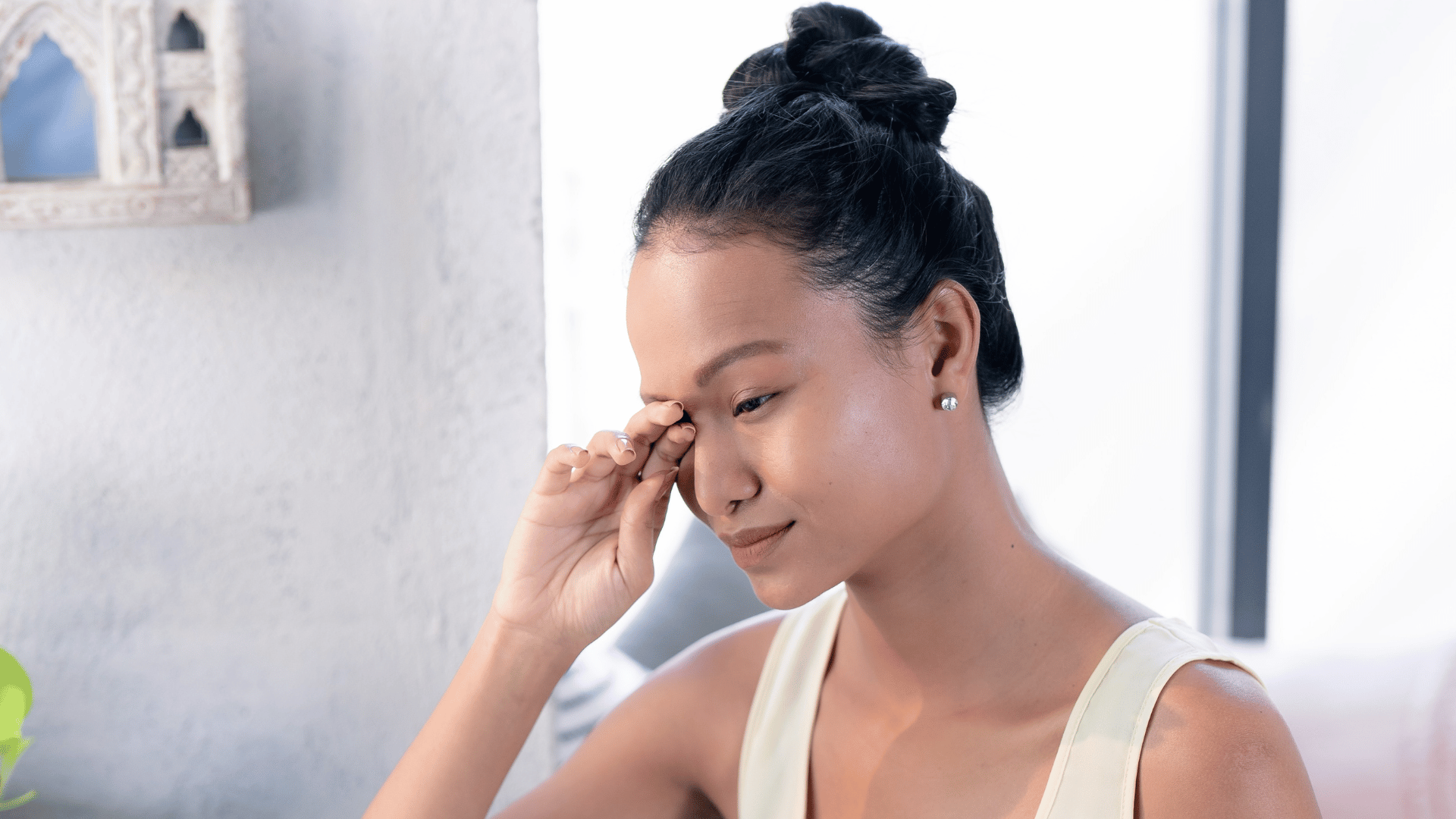
In our increasingly digital world, screens have become an integral part of our daily lives. Whether it's our smartphones, tablets, computers, or televisions, we spend a significant amount of time in front of these devices. However, there's growing concern about the impact of blue light emitted by screens on our health. In this blog post, we will explore what blue light is, its effects on our well-being, and strategies to minimize its potential risks.
What is Blue Light?
Blue light is a high-energy, short-wavelength light that is part of the visible light spectrum. It occurs naturally in sunlight and is also emitted by artificial sources such as electronic devices with screens. Blue light plays a crucial role during daylight hours, helping to regulate our circadian rhythm, boost attention, and enhance mood.
Effects on Sleep:
One significant concern associated with blue light exposure is its effect on our sleep patterns. Our bodies follow natural circadian rhythms, which regulate our sleep-wake cycles. However, when we're exposed to blue light, especially in the evening or at night, it can disrupt our sleep by suppressing the production of melatonin, a hormone that promotes sleep. This disruption can lead to difficulties falling asleep, shorter sleep duration, and reduced sleep quality.
Eye Health:
Another area of concern is the potential impact of blue light on eye health. Prolonged exposure to blue light, especially from screens, can contribute to digital eye strain. Symptoms may include eye fatigue, dryness, blurred vision, and headaches. However, it's important to note that the levels of blue light emitted by screens are generally considered safe and do not cause permanent eye damage.
Strategies to Minimize Blue Light's Effects:
Blue Light Filters: Many devices now offer built-in blue light filters or "night mode" settings. These features reduce the amount of blue light emitted and shift the screen's color temperature towards warmer tones, making it easier on the eyes.
Screen Time Management: Limiting screen time, particularly before bed, can help reduce exposure to blue light. Establishing a digital curfew and incorporating screen-free activities into your evening routine can promote better sleep hygiene.
Blue Light Glasses: Specialized glasses with lenses designed to block or filter out blue light are available. Wearing these glasses while using screens may help reduce eye strain and minimize the impact of blue light on sleep.
Lighting Environment: Adjusting the lighting in your surroundings can make a difference. Dimming the room lights and avoiding bright screens in dark environments can help signal to your body that it's time to wind down.
Conclusion:
In conclusion, the prevalence of screens in our lives exposes us to blue light, which can affect our sleep patterns and eye health. Being mindful of the potential risks and implementing strategies to minimize exposure, such as using blue light filters, managing screen time, and optimizing our lighting environments, can help maintain a healthy balance. By incorporating these practices, we can make informed choices about our screen usage and prioritise our overall well-being in the digital age.
What is Blue Light?
Blue light is a high-energy, short-wavelength light that is part of the visible light spectrum. It occurs naturally in sunlight and is also emitted by artificial sources such as electronic devices with screens. Blue light plays a crucial role during daylight hours, helping to regulate our circadian rhythm, boost attention, and enhance mood.
Effects on Sleep:
One significant concern associated with blue light exposure is its effect on our sleep patterns. Our bodies follow natural circadian rhythms, which regulate our sleep-wake cycles. However, when we're exposed to blue light, especially in the evening or at night, it can disrupt our sleep by suppressing the production of melatonin, a hormone that promotes sleep. This disruption can lead to difficulties falling asleep, shorter sleep duration, and reduced sleep quality.
Eye Health:
Another area of concern is the potential impact of blue light on eye health. Prolonged exposure to blue light, especially from screens, can contribute to digital eye strain. Symptoms may include eye fatigue, dryness, blurred vision, and headaches. However, it's important to note that the levels of blue light emitted by screens are generally considered safe and do not cause permanent eye damage.
Strategies to Minimize Blue Light's Effects:
Blue Light Filters: Many devices now offer built-in blue light filters or "night mode" settings. These features reduce the amount of blue light emitted and shift the screen's color temperature towards warmer tones, making it easier on the eyes.
Screen Time Management: Limiting screen time, particularly before bed, can help reduce exposure to blue light. Establishing a digital curfew and incorporating screen-free activities into your evening routine can promote better sleep hygiene.
Blue Light Glasses: Specialized glasses with lenses designed to block or filter out blue light are available. Wearing these glasses while using screens may help reduce eye strain and minimize the impact of blue light on sleep.
Lighting Environment: Adjusting the lighting in your surroundings can make a difference. Dimming the room lights and avoiding bright screens in dark environments can help signal to your body that it's time to wind down.
Conclusion:
In conclusion, the prevalence of screens in our lives exposes us to blue light, which can affect our sleep patterns and eye health. Being mindful of the potential risks and implementing strategies to minimize exposure, such as using blue light filters, managing screen time, and optimizing our lighting environments, can help maintain a healthy balance. By incorporating these practices, we can make informed choices about our screen usage and prioritise our overall well-being in the digital age.
